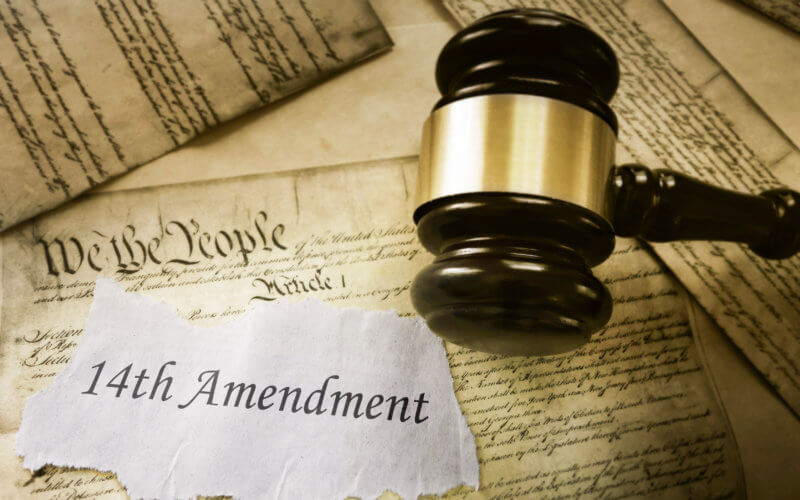
What are the issues concerning reproductive rights and LGBTQ+ freedoms?
After almost 50 years, the Supreme Court ruled against Roe v. Wade, which legalized abortion in 1973 based on the 14th Amendment’s concept of personal liberty and restrictions upon state action. It was broad enough to encompass a woman’s decision whether or not to terminate her pregnancy. There were also significant provisions related to privacy between a pregnant woman and her physician as well as other privacy implications.
“Dobbs v. Jackson Women’s Health Organization (2022) was what the Supreme Court used to strike down Roe v. Wade,” said Pam Fiber Ostrow, Cal State Fullerton professor of political science. “In Dobbs, it is very likely that abortions could take place up to 15 weeks. After that, they would only be performed if a mother’s health was at risk. This was based on an earlier precedent that determined that abortions could be provided up until viability of fetal life. No specific times for viability were given. You could regulate but not ban abortions.”
How does this affect laws related to same sex marriage and privacy?
Many of these rulings were based on the precedent of Roe v. Wade. The Roe decision relied on a right to privacy from 1965 that the Dobbs court was dubious about.
They found that abortion was not a right in the Constitution nor was the right to obtain an abortion rooted in the nation’s history and tradition which would mean it is an essential component of “ordered liberty.”
The problem for other rights is that they rely on the same concept. Same sex marriage and contraception are not “in the Constitution” but rely on a similar right to privacy relied on in Roe
If the Supreme Court can overturn a law passed 50 years ago, the fear is they could overrule a law passed seven years ago such as same-sex marriage…or access to contraception.
“While not all states have outlawed abortions, women in some states could be breaking the law by seeking abortions elsewhere,” she continued. “Also, not all women can afford to cross state lines or miss work or find child care for days at a time. And if there is a medical problem, they could be in legal trouble if they seek care once they’re back home.”